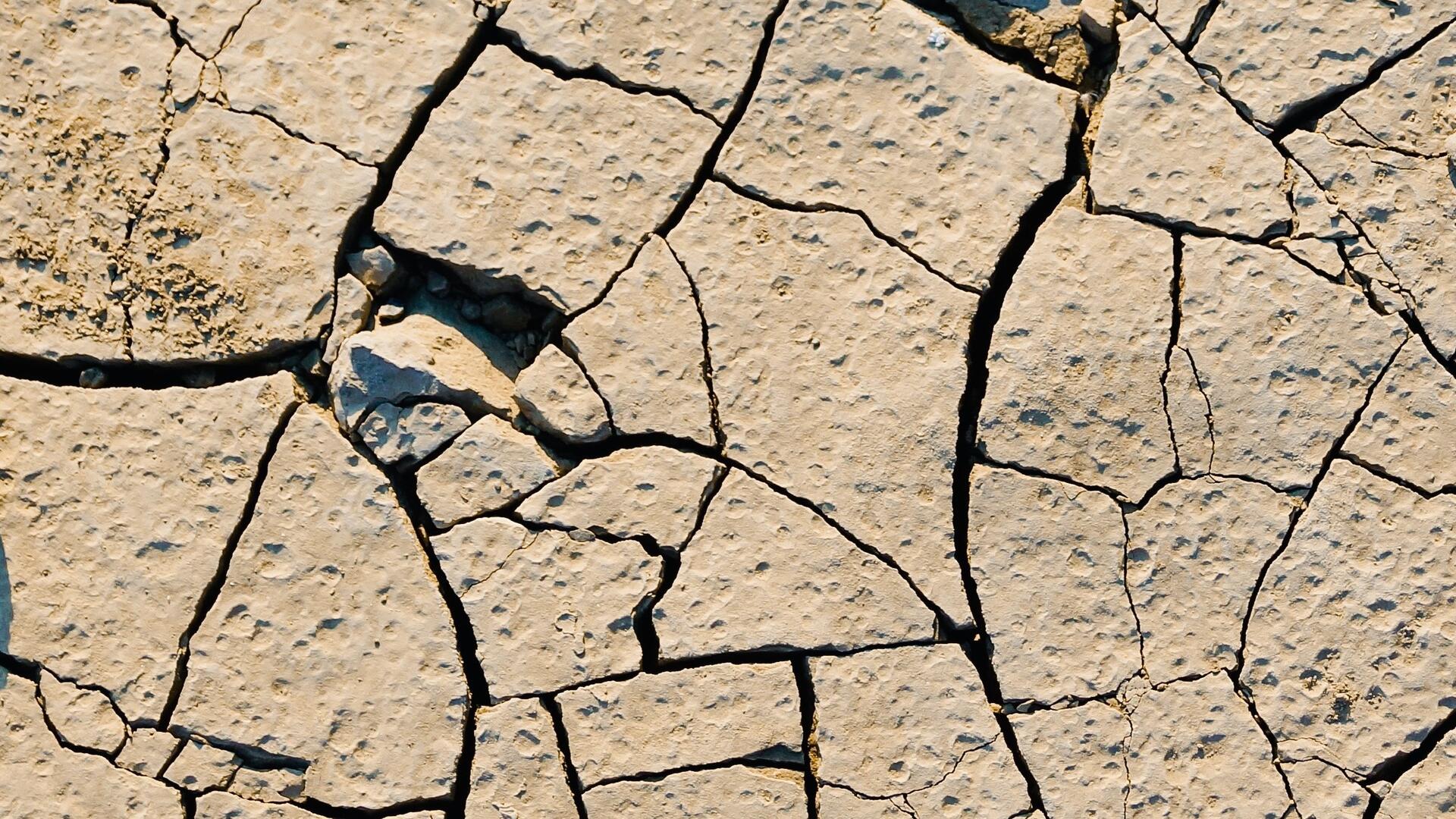Surface water stress happens when a lot of water is used for things like drinking, farming, and industry, and it is used faster than nature can replenish it. According to the World Bank, over 60 percent of people in the MENA region live in places with high or very high surface water stress. This far exceeds the global average of 35 percent. What is worse, a whopping 70 percent of the region's economy is located in these stressed areas, which is more than triple the global average of 22 percent.
This problem is further aggravated by the fact that around a quarter of the population is exposed to high to extremely high levels of groundwater stress, which is made worse by the fact that 60 percent of GDP per capita is located within these areas. So, it is not surprising that experts predict that of all world regions the MENA region will suffer the most economically from water scarcity due to climate change by 2050. This could lead to a drop in the economy ranging from 6 to 14 percent in the region, compared to a much smaller 0 to 0.02 percent drop projected for North America and Western Europe. While most of the environmental damage is caused by other countries, it still tells us loud and clear that the MENA region needs to make some serious changes in its environmental policies and primarily the way it manages its water supply.
This is shown in the fact that the MENA region is a global hotspot of unsustainable water use, which is mostly driven by the increasing use for agriculture and the expanding irrigated areas. This is further worsened by a steady decrease of available surface water. Within the region, Iraq is one of the worst-hit countries. Without action, experts say water availability could drop by 20 percent by 2050. It is already so bad that UNICEF reports that nearly 3 out of 5 kids in Iraq don't have access to clean water, and less than half of the country's schools have access to basic water services.
Iraq’s Water Crisis
The effects of this water shortage are clear in Iraq. Take Basra, for example, a city in the south. It has grown three times bigger in just eight years, mainly because folks from the surrounding countryside are moving to the city. Why? Because it's become almost impossible to grow anything there due to the water shortage. This crisis has also hit Iraq's agriculture hard. While Iraq used to be a top exporter of dates in the late 1990s, it now has to rely on neighboring countries for its fruit.
The recent Al-Jazeera documentary Iraq's Water Wars shines a spotlight on the tough situation faced by people in rural Iraq. This film makes it abundantly clear how mismanagement, dams built by neighboring countries upstream, and, most crucially, climate change are all taking a heavy toll on Iraq's farming communities. From abandoned farms to farmers being forced to sell their undernourished livestock, the documentary paints a bleak picture of life in rural Iraq today.
Shockingly, the documentary also reveals that only $0.8 billion out of Iraq's massive $153 billion budget is dedicated to managing water resources. This documentary can therefore be seen as a wake-up call, underscoring the pressing need for substantial action to protect Iraq's precious water sources.
Turning the Tide
However, there is reason for some optimism. With the next UN Climate Change Conference set to take place within the MENA region at the end of the year, there is a golden opportunity to shine a spotlight on the real-life impacts of climate change within the region. This event can therefore be a chance for environmental groups to share ideas and solutions with MENA countries to tackle climate change-induced problems.
In this context, Dutch organizations can even play a significant role in fostering positive change. The MENA region currently grapples with a relative lack of expertise in water management, while the Netherlands boasts a wealth of knowledge in this field. By leveraging this Dutch expertise, we can bridge the knowledge gap and contribute to more effective and sustainable approaches to water resource management in the MENA region. It is therefore evident that addressing climate change requires a united effort from all nations.
Further information:
Al Jazeera, ‘Iraqi Water Wars’, https://www.aljazeera.com/program/people-power/2023/9/20/iraqs-water-wars-part-1 and https://www.aljazeera.com/program/people-power/2023/9/27/iraqs-water-wars-part2
UNICEF, ‘Running Dry: Water Scarcity Threatens lives and development in Iraq’, https://www.unicef.org/iraq/press-releases/running-dry-water-scarcity-threatens-lives-and-development-iraq
World Bank Group, 'Beyond Scarcity: Water Security in the Middle East and North Africa', https://www.worldbank.org/en/topic/water/publication/beyond-scarcity-water-security-in-the-middle-east-and-north-africa
World Bank Group, 'Iraq: Country Climate and Development Report', https://openknowledge.worldbank.org/entities/publication/7412a92b-4412-5acb-8fde-8d19048f80d1

